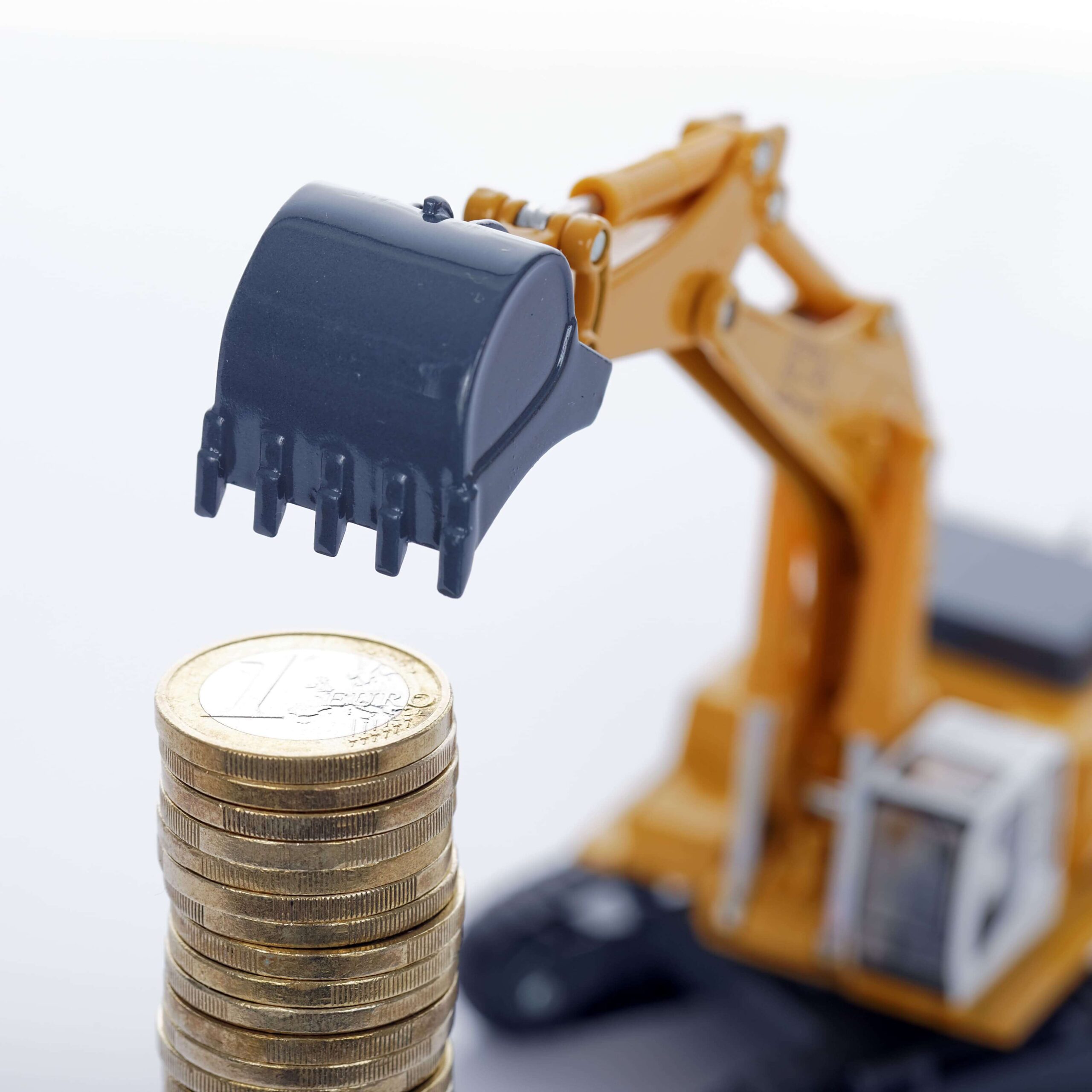Excavator Insurance: Why It’s a Must-Have for Your Business
by Soumava Goswami Insurance Published on: 21 February 2025 Last Updated on: 25 February 2025

Have you ever considered what would happen if your excavator was damaged or stolen? Or if an unexpected accident at a job site left you facing hefty repair or legal costs? Excavators aren’t just another piece of equipment—they’re essential to getting the job done, and protecting them is crucial. That’s where excavator insurance comes in. Whether you’re a contractor, construction business owner, or equipment operator, having the right coverage can make all the difference.
Why Excavator Insurance Matters
Excavators represent a significant investment. With their high price tags and vital role on job sites, damage or loss can bring operations to a standstill. Excavator insurance from InsureGroup ensures that you’re not left covering massive out-of-pocket expenses, offering peace of mind so you can focus on your work without worrying about potential risks. Beyond equipment protection, many job sites require proof of insurance before work can begin. Without it, you could lose valuable contracts or face penalties. Simply put, having the right cover isn’t just smart—it’s often essential for staying competitive.
What Does Excavator Insurance Cover?
Excavator insurance typically offers comprehensive coverage tailored to the unique risks associated with operating heavy machinery. Here’s a look at the key areas it protects:
Damage and Theft Protection
Excavators are expensive and, unfortunately, a target for theft. Insurance helps cover repair or replacement costs if your equipment is damaged due to accidents, vandalism, or weather-related
incidents. It also protects against theft, which is especially important for machines left on remote or unsecured sites.
Public Liability Cover
Accidents can happen even with the most experienced operators. If your excavator causes damage to property or injures someone, public liability cover protects you from potentially costly legal claims. This coverage is crucial for any business working on third-party sites or public areas.
On-Site and Transit Coverage
Whether your excavator is at a job site or being transported between locations, insurance ensures you’re covered. Damage during loading, unloading, or transit is common, so having this protection can save you from unexpected expenses.
Business Interruption Support
If your excavator is out of commission due to an insured event, some policies offer business interruption cover. This helps compensate for lost income while repairs or replacements are arranged, ensuring your cash flow isn’t heavily impacted.
Factors to Consider When Choosing a Policy
Not all excavator insurance policies are created equal. To find the right one, consider these important factors:
Value of Your Equipment
Start by knowing the current market value of your excavator. Insuring it for the right amount ensures you’ll be adequately covered without paying more than necessary.
Scope of Coverage
Make sure the policy covers both on-site and off-site risks, including transit. Consider additional cover options like hire equipment costs if your excavator is out of action.
Excess and Premiums
Higher excess often means lower premiums, but be careful not to choose a deductible that’s too high to afford in case of a claim. Balance affordability with practical coverage.
Exclusions and Limitations
Read the fine print. Some policies exclude damage from certain activities or fail to cover older machinery. Knowing these details upfront prevents surprises when you need to make a claim.
Claims Process
A quick and straightforward claims process is essential. Look for insurers known for efficient service so you’re not left waiting during critical downtime.
Benefits of Having Excavator Insurance
Investing in excavator insurance offers numerous advantages. Here’s how it can benefit you and your business:
● Financial Protection – Shields you from high repair, replacement, and legal costs
● Peace of Mind – Focus on work knowing your equipment and finances are protected
● Compliance – Meet contract and regulatory requirements, helping you secure more projects
● Minimised Downtime – Quickly recover from incidents with repair and replacement support
● Business Continuity – Keep projects on track even if unexpected issues arise
Common Mistakes to Avoid
Choosing insurance might seem straightforward, but there are pitfalls to watch for. One common mistake is underinsuring your equipment to save on premiums. This often leads to inadequate payouts when you need them most. Another oversight is ignoring policy exclusions. Always review what isn’t covered to avoid denied claims. Also, don’t delay in updating your policy if you buy new equipment or change how you operate. Failing to keep your insurance current can leave you exposed.
How to Lower Your Premiums Without Sacrificing Coverage
Everyone wants to save on insurance costs, but it’s important not to skimp on essential cover. Here are practical ways to keep premiums manageable:
Maintain Your Equipment
Well-maintained machinery is less likely to suffer breakdowns or damage, which can help reduce premiums. Regular servicing and inspections demonstrate responsible ownership.
Improve Site Security
Installing GPS trackers, securing job sites, and using locked storage areas can deter theft and lower insurance costs.
Bundle Policies
Let’s say you have other requirements for your business or equipment, it may be wise to consolidate your coverage with a single provider. There are positives to this, including discounts for combined policies, as well as simplified management of them too.
Increase Your Excess (With Caution)
Opting for a higher excess can reduce premiums, but make sure it’s still affordable in case you need to claim.
Compare Providers
Shopping around ensures you’re getting the best deal without sacrificing coverage. Don’t just settle for the first option—explore multiple offers and review their terms carefully.
Getting the Right Coverage for Your Needs
The best excavator insurance policy is one tailored to your specific business operations. Think about how often you use your excavator, the environments you work in, and potential risks. For example, if you frequently transport equipment, make sure transit coverage is included. If you often work in public areas, prioritise strong public liability protection. Customising your policy ensures you’re fully covered where it matters most.
Ready to Protect Your Investment?
An excavator isn’t just a piece of machinery—it’s an essential part of your business’s success. Protecting it with the right insurance isn’t just a smart move—it’s a necessary one. Accidents, theft, and unexpected damage can happen at any time, but with proper cover, you can handle these challenges without compromising your operations or finances. Take the time to assess your options, consider what coverage best suits your needs, and make sure you’re prepared for whatever comes your way. Your excavator works hard for you—make sure you’ve got its back.
READ MORE:



































































































